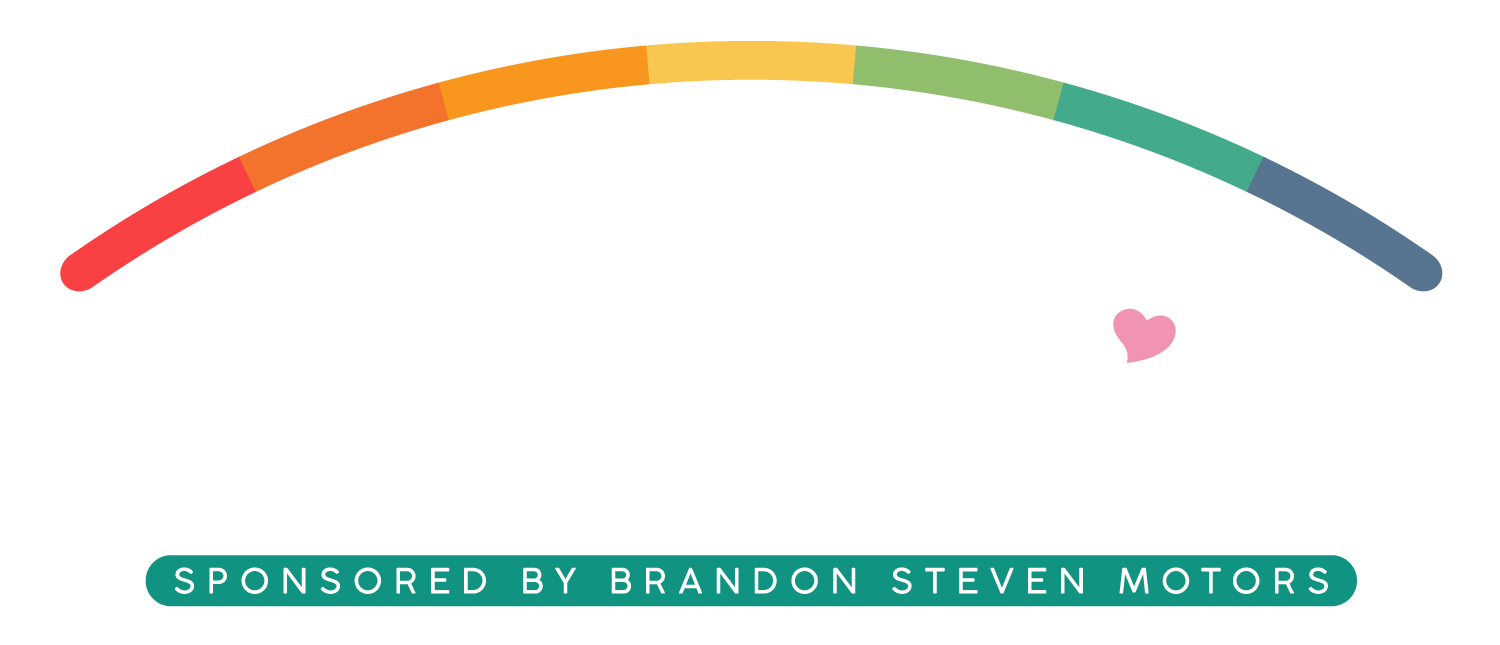Child Abuse Prevention Month
Child abuse is a prevalent issue that takes many forms and can be perpetrated by even those most trusted. National Child Abuse Prevention Month is held in April as a time to recognize the importance of families and communities working together to prevent child abuse and neglect. The theme of this year’s awareness and impact campaign is “Building Together: Prevention in Partnership.”
“I think of it as a time to reflect on the importance of our children,” says CCRC VP and Chief Program Officer Jose Ramos. “Being mindful that our kids still need us to protect them — literally protect children from birth to adulthood — so we have to be consistent and purposeful in how we treat our children.”
During the 2021 fiscal year, the U.S. reported 588,229 victims of child abuse and neglect. This is a national rate of 8.1 victims per 1,000 children. It’s believed that the figure is actually much higher when unreported abuse and neglect are taken into account. Nationally, an estimated 1,820 children died from abuse and neglect that same year.
“Children are very vulnerable and have needs that are different than adults and when stresses are high, sometimes we forget that and that contributes to some form of neglect,” says CCRC Clinical Program Manager Erika Alvarez. “Behaviors aren’t always going to be a cookie cutter in terms of warning signs. So it’s really important to observe patterns and notice things that stick out that weren’t there before.”
Alvarez says changes in behaviors may be dramatic like anger, aggression, hypervigilance, or withdrawal. Sleeping problems and poor performance at school could also be indicators that a child is experiencing neglect or abuse.
“Abuse could present itself in their language, play, or self-confidence. Developmental delays are another symptom of abuse or neglect,” says Alvarez, noting that not every change is something to be concerned about. “If a child is changing behaviors, it doesn’t necessarily mean that something is wrong. But observation is important.”
Child abuse comes in many forms and can be perpetrated by anyone with access to a child. Every adult in the community can play a role in supporting and protecting children by supporting parents, being a trusted adult for children and teens, and reporting concerns. If you believe a child is being abused or neglected, report it to police.
To support children and families, CCRC offers a number of programs designed to educate caregivers on early childhood development, such as assisting expecting mothers at home with a trained home visitor. The agency also creates a community of support among caregivers through Parent Cafes.
“Mental health consultations that we offer to families and providers can help identify needs of a child who is struggling at home or in a child care setting,” says Alvarez. “It can provide parents with skills and education on the development of their child and how to understand and approach those behaviors in a healthy way. We also have TIC consultants that offer Trauma Informed Care trainings to providers and parents. They have Coaching Circles to help connect providers for networking, and training series for parents.” Learn more about CCRC’s mental health consultations here.
The most important thing we can do to help children thrive is to support families before they reach a crisis. If you or a family you know need help, call 2-1-1, text 52-211 or visit 211la.org. When families have the resources they need to care for their children and understand how to work through challenging times, the family is stronger and the children are able to thrive. Visit the National Child Abuse Prevention website to learn more.
Blog from CCRCCAFamily and friends who surround these children that have been victimized can obviously be shell-shocked if this happens. A guide navigating child sex abuse, which includes information on signs of abuse, how we can prevent it, how victims can seek justice, and more can be found here.



